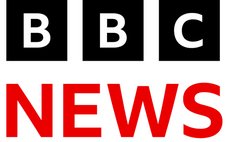Lord Carter explains to MPs the thinking behind interim Digital Britain report
Next-generation networks - a role for the BBC? The BBC could have a part to play in the rollout of next-generation broadband based on optical-fibre networks, according to communications minister ...
To continue reading this article...
Join Computing
- Unlimited access to real-time news, analysis and opinion from the technology industry
- Receive important and breaking news in our daily newsletter
- Be the first to hear about our events and awards programmes
- Join live member only interviews with IT leaders at the ‘IT Lounge’; your chance to ask your burning tech questions and have them answered
- Access to the Computing Delta hub providing market intelligence and research
- Receive our members-only newsletter with exclusive opinion pieces from senior IT Leaders






















